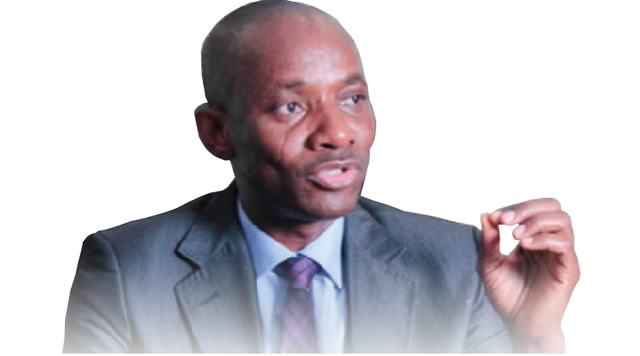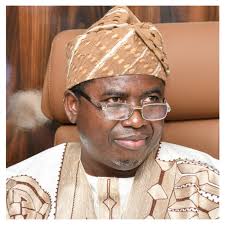*Harps on national socio-political value reorientation
The former Chairman of the Nigerian Electricity Regulatory Commission(NERC), Prof. Sam Amadi, has stated that Nigeria is in urgent need of “ballot box revolution”.
Amadi made the call as Guest Speaker at “The Renaissance of the Obidient Movement” held at the NAF Conference Center, Abuja, during which there was the public presentation of a book titled “Obi, the Political Change Agent,” written by Ike Abonyi.
Prof. Amadi, while propagating his theories which he said, had held Nigeria from development as it should, declared that “Nigeria has an epidemic of forgery”.
According to him, “that epidemic of forgery is a nation crisis. And a nation of forgery, a nation that has promoted forgery, is not just about the fact that criminals are getting access to resources, it’s about the fact that they are corrupting the software for development. Software for development, which is unethical. It’s immoral.
“It’s about value. And that’s why you can’t construct, you can’t talk about any country that has any real transformation without a real oration of value.
“Leadership is where value flows, because value is about what we affirm and signal, and people act in like manner.
“If you look at from 1999, a senator said that he looked and saw people he put in jail sitting in the hollow chambers.
“That is the epitome of a national value crisis. And that value crisis translates to the fourth problem, which is a productivity crisis.
“Without value, you can’t be productive. We can’t be productive until we restore that value. And that value is a sense in which people know that they’re getting what they deserve”.
Recommending what he called Revolution of the Ballot Box, Amadi opined that with Nigerian politics and the Nigerian nation trapped in a “political incubus”, what could be done to move the country out of the quagmire is to embark on ballot box revolution
“This revolution is important because it has legitimacy and fits into the neutral politics.
“The revolution of red barrettes or green barrettes outside mobilizing Nigerians towards electoral victory is both an illusion and a dangerous revolution.
“And that’s why the challenge for Nigeria is two ways. Either a ballot box revolution or an anarchical sort of violence-based revolution that nobody can define the direction.
“The irony is that red or green Barrettes revolution has not always historically been positive. The only revolution for Nigeria is a ballot box revolution,.
“And a successful revolution is defined by two basic ideas. The first is the idea of democratic civilization. And the second is the idea of democratic diplomacy,” he stressed.
He also warned of what he described as “Low Energy” leadership in politics, pointing out that it is largely responsible for the high level of corruption ravaging the system.
He opined that since Nigerian is a contradiction and is failing, only proper diagnosis and application of methodical therapy can take the country out of the woods.
Buttressing his points with statistical data drawn from 1999, he declared that Nigeria is not just the poverty capital of the world, but regrettably, nothing has been put in place to begin to reverse the ugly sliding trend.
“If you look at, without wasting time, clearly, Nigeria is failing and failing woefully. By 2019, we are described as the largest poverty nation. The World Poverty Clock showed that we were the largest collection of poverty.
“If you look at the World Poverty Clock, you see something. Every minute, second, people are leaving or running to poverty.
“So it’s like, they have a frequency of people running out of poverty, showing how many people are escaping from poverty in some countries.
“You also see people running into poverty. Interestingly, Ethiopia and Nigeria were very poor. But Ethiopia has more people running away from poverty.
“Nigeria had more people running into poverty. So it’s not that we are poor. We are getting poorer in almost geometrical proportion,” which he ascribed to poor leadership.
Amadi described what he called “military debasement of value and today’s new politics, funded not on any commitment to national development, but committed to ethno-religious art beating, and individual art beating, as well as the absence of a national elite to install a national ideology of transformation, Nigeria has remained comatose.









